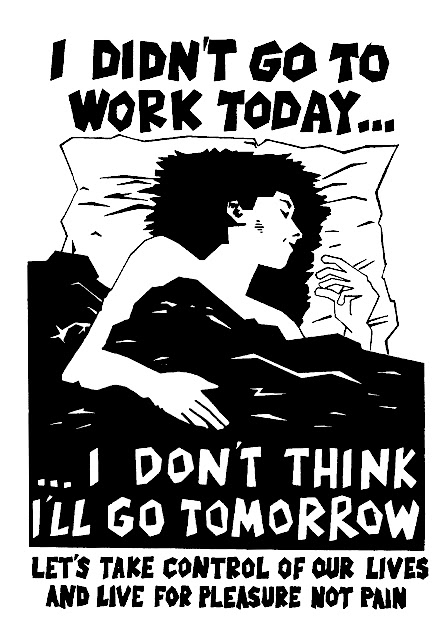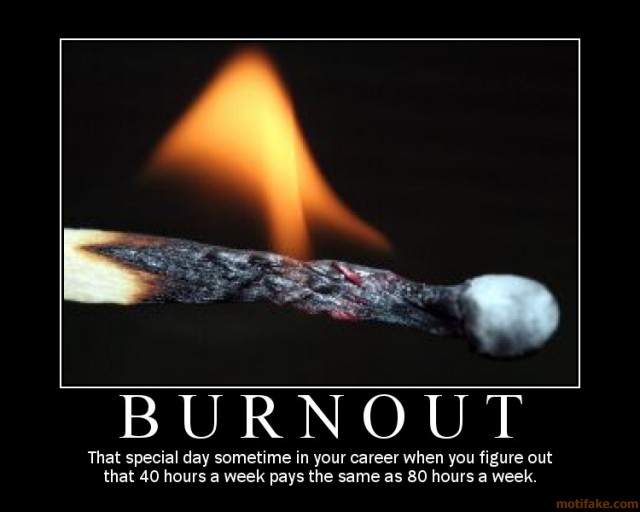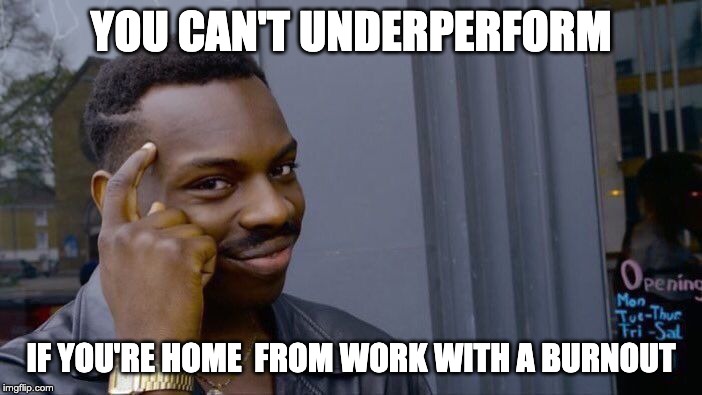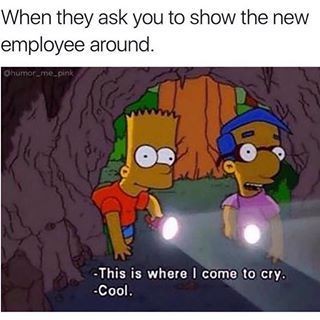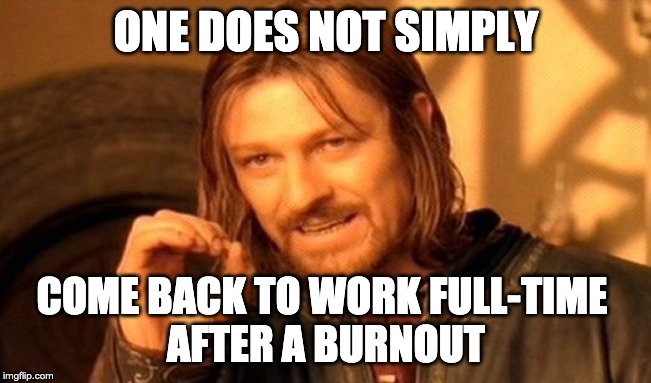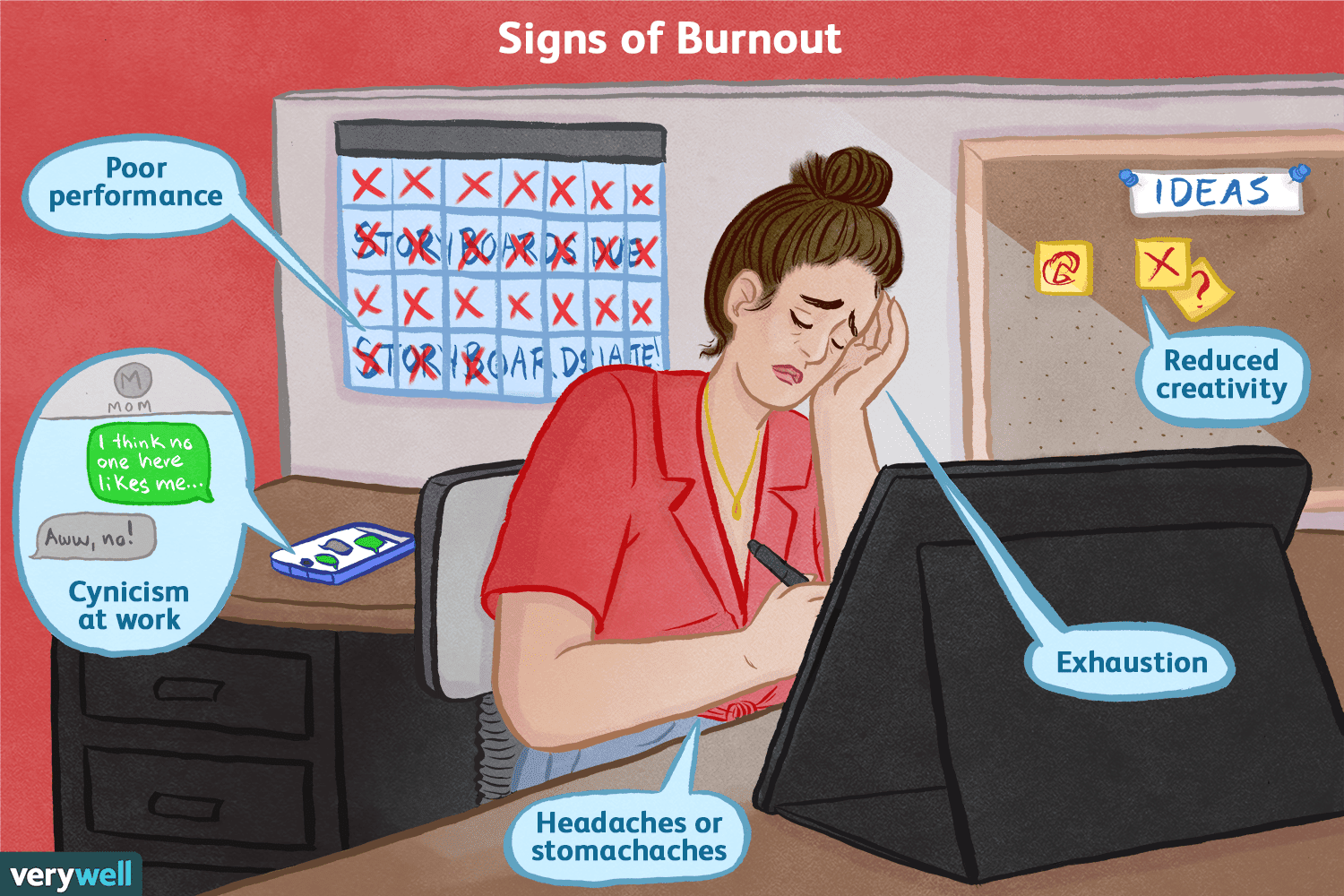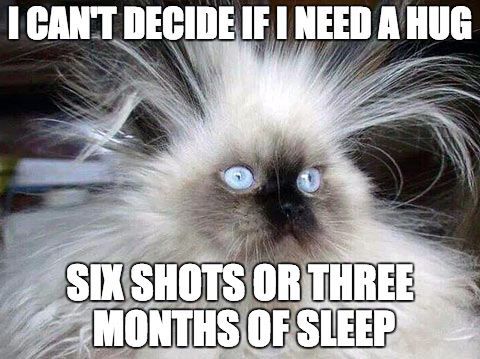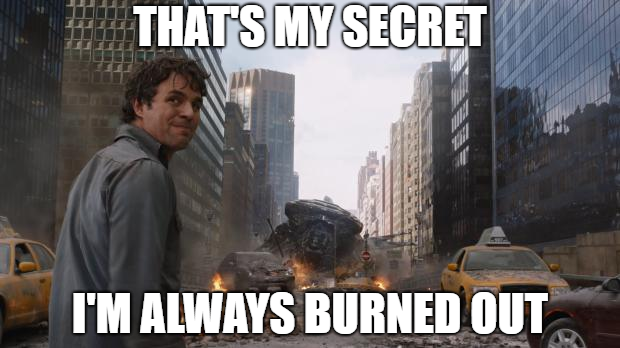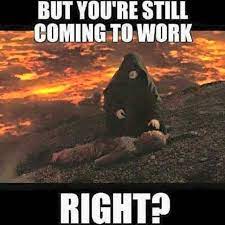Band of Burnouts
The burnout has become a mass phenomenon. A category of complaint that feels utterly contemporary, and deeply correlated and illustrative of our current economic, ecological, political and social states of varying crises. The ‘malaise of our times’– so to say.
Band of Burnouts undertakes a transdisciplinary study of the burnout in a multi-perspective, multi-voiced exploration of experiences. We are interested in accounting for the unaccounted details, considering the burnout as a collective rather than individual experience, and taking seriously the body as a producer of knowledge. The mind and body sing in a chorus, sing in bodies with other bodies, acknowledging the plurality of body. There are no one-man-bands.
‘Band’ is both a noun and a verb. As a noun it can mean a group of people who share a common interest of feature, something that serves to join or hold things together, or a force that unites and ties. As a transitive verb it means to gather together, to bind, and intransitively is means to unite for a common purpose, to form a group to achieve a mutual objective.
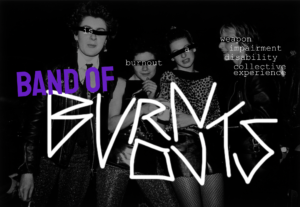
This Band of Burnouts bosoms all these meanings. We come together, band together, to share, hear, and learn, the stories of burnouts, holding interest in the potentiality of illness narratives for collective healing and understanding, as ways of making sense (nonsense included). It is said that ‘Narrative helps us to make sense of the new life that now has to accommodate an uninvited guest.’
In the dead of the night I have these dreams
What’ll happen to me? Will I burn out?
– Kid Cudi, Sad People (2020)
If the burnout was not a pandemic itself before, the circumstances of COVID-19 have enhanced its spread, intensity, and rate of occurrences. Despite becoming common phrase and common experience, still limited understanding exists as to what the burnout is. Together we ask, what is the burnout and how is it experienced? How does it differ from historical forms of extreme tiredness, and what are its particular manifestations?
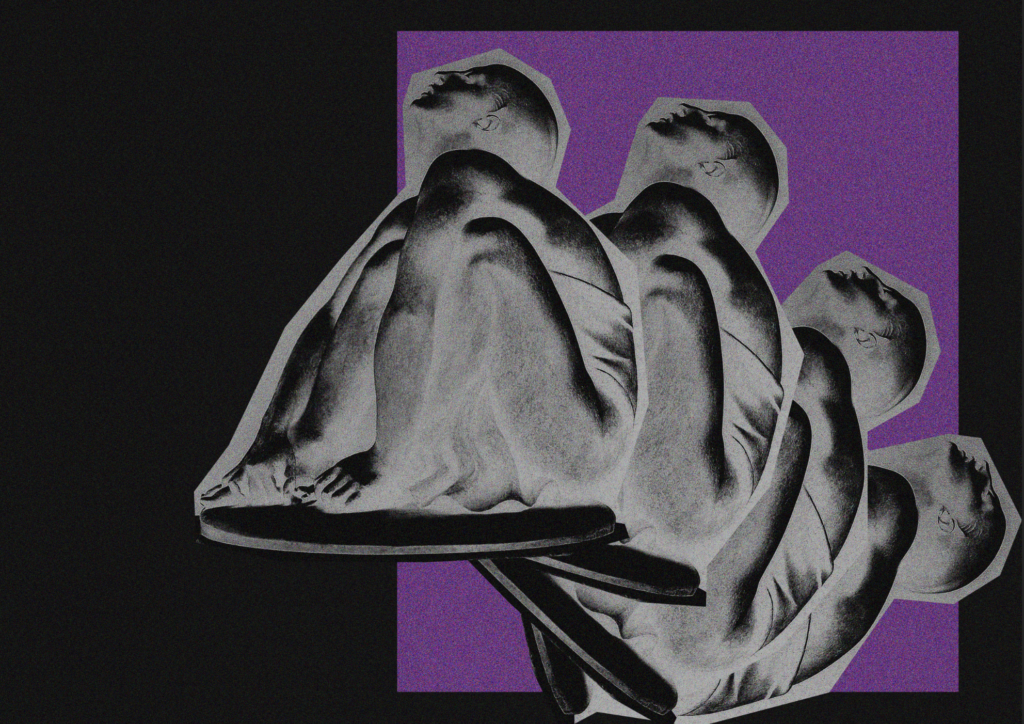
Cecil Howard ‘Fatigue’ (1920-24). Edited.
On Illness Narratives
In their book, Health, Illness and Culture: Broken Narratives (Routledge: 2008), Lars-Christer Hydén and Jens Brockmeier explain how, “Some illness stories are told with full voice. They are articulate and the listener is caught in a narrative web… Often however, especially in contexts of real life and real illness, stories are not that developed. They are undecided, fragmented, broken, narrated by voices struggling to find words toward meaning and communication. These stories have been given less attention…”
‘I know the feeling now, when I can’t spin a sentence, & sit mumbling & turning; & nothing flits by my brain which is as a blank window. So I… go to bed… Very useless. No atmosphere round me. No words. Very apprehensive.’
– On Being Ill by Virginia Woolf (1926)
Band of Burnout listens, shares, collects, tells, hears and holds space for the undecided, the fragmented and the broken, as much as it does for the coherent and the translated. We challenge the implication that the meaning of narrator must mean to know. We accept and love that sometimes, we just don’t.
‘Illness narratives offer a unique window on how a disease, a disability, or a trauma is lived by feeling and suffering human beings, with all its consequences for their mental, physical, and everyday life. And studying illness narratives opens up a nonreductionist, holistic perspective on how we cope with illness and suffering in still another way. It allows us to tackle questions about how, or how well, we listen to these stories as relatives and cosufferers, professionals, and researchers, and what we make of them.’
Through intersections of disability studies, embodiment theory and philosophy, somatic practices, contributor-driven interventions, transdisciplinary narratives, aesthetic explorations (including DIY/DIO experiments, zines and underground publications, punk feminist craft & hobbies, amateur graphic design, mail art, and crazy publishing) and a general interest in pulling the middle finger at the wellness industrial complex and ideologies of productivity, self-optimisation, and ableist norms in relation to time and work… all of this comes together in the research lab Band of Burnouts.*
*Check out our ‘Ways & Workings’ section below for more details👇🏽,
and read more about the lab here.
Jess Henderson is a transdisciplinary writer, researcher, and artist from New Zealand. She is the author of Offline Matters (Amsterdam: BIS Publishers, 2020) and founder of No Fun Magazine. Her work explores chronic illness and illness narratives, the social effects of technology, pervasive ideologies around ‘work’ and productivity, and experimental forms of publishing.
People
Jess Henderson
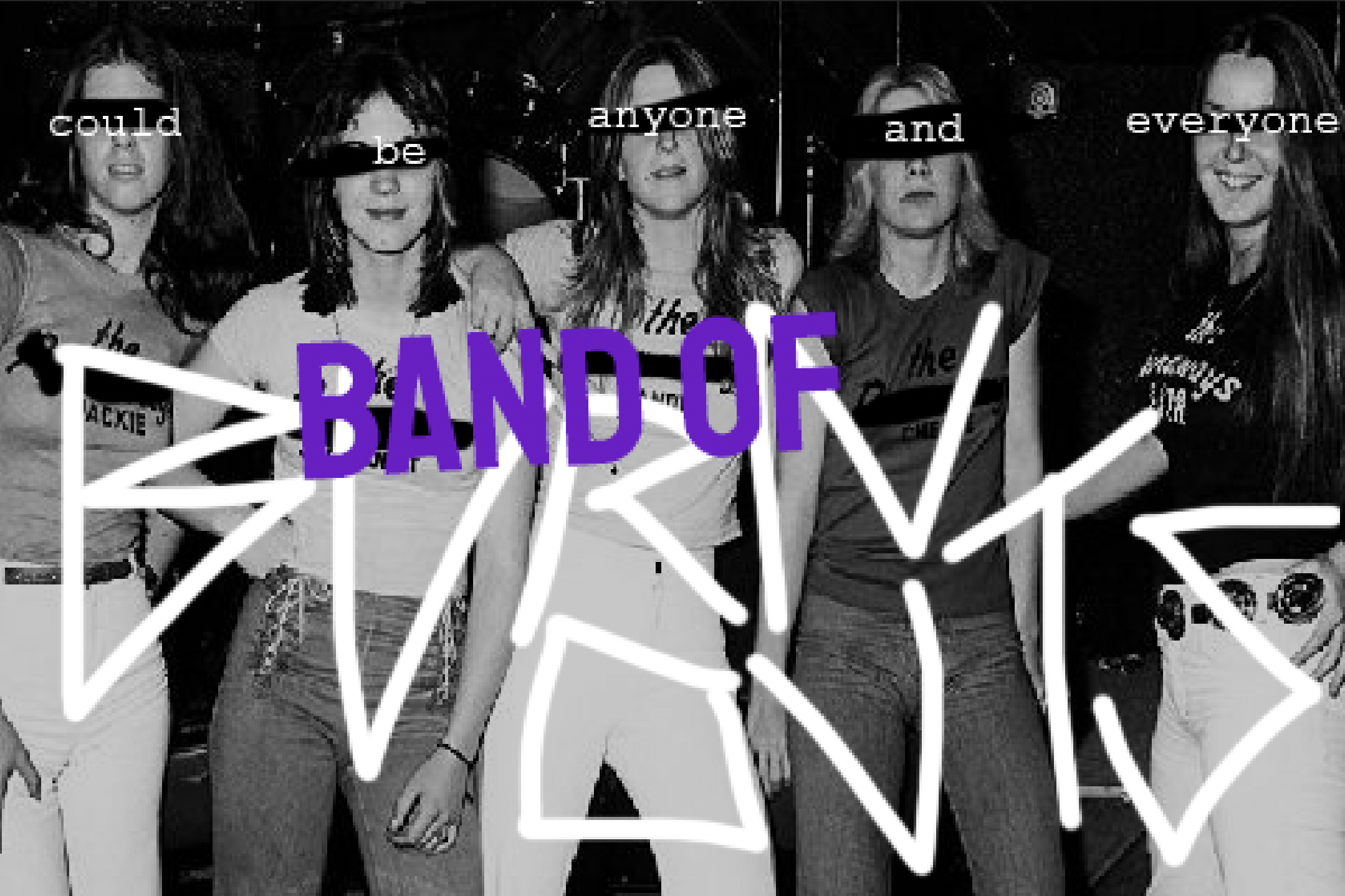
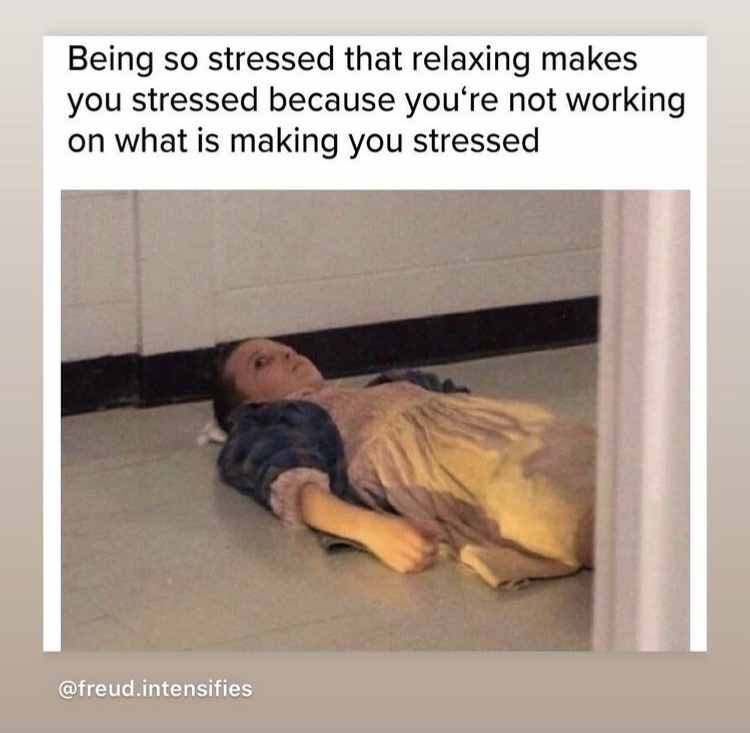

Cecil Howard, 'Fatigue' (1920-24)
